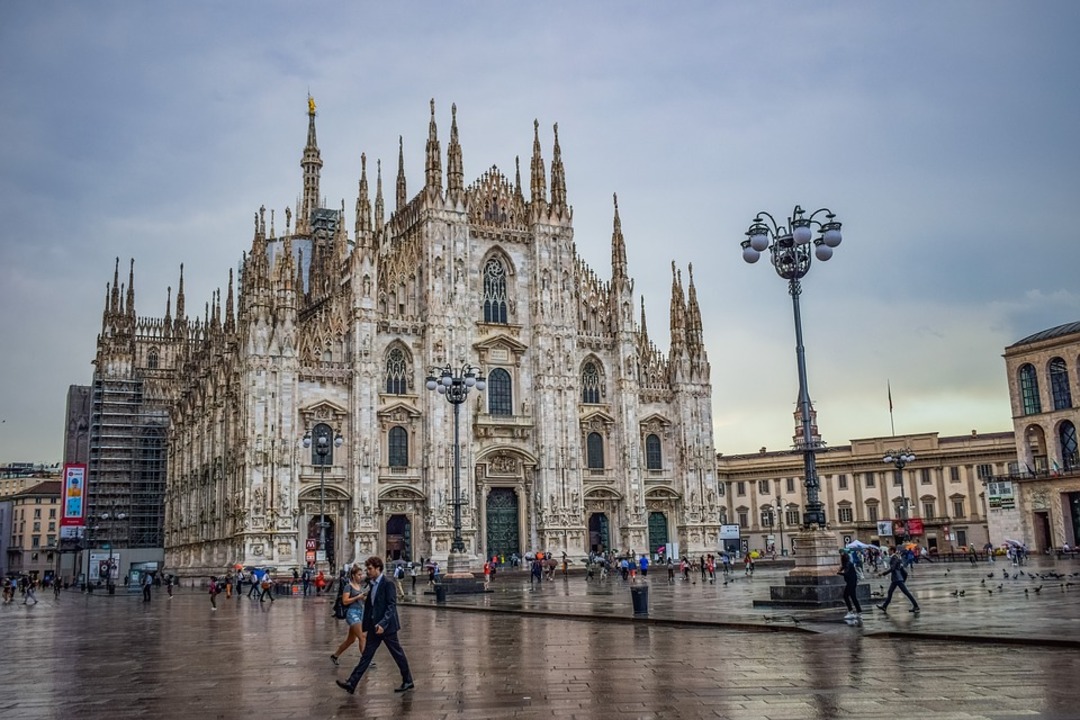-
Italy's president rejects Prime Minester Mario Draghi's resignation

Italy's president on Thursday (July 14) rejected the resignation of Prime Minister Mario Draghi, asking him to address parliament next week after a party in the ruling coalition withdrew its support for his government.
In a meeting with Draghi following a Senate walkout by lawmakers from the 5-Star Movement amid a key confidence vote earlier on Thursday, Sergio Mattarella said in a statement that he had rejected the premier’s resignation, asking him to give lawmakers the chance to evaluate the latest political developments.
The 5-Stars, a key partner in the ruling coalition, walked out of a key confidence vote in the country's Senate earlier on Thursday, forcing the premier to acknowledge the government's collapse.
Draghi had said in a statement: "I want to announce that this evening, I will tender my resignation in the hands of the President of the Republic. Today's vote in parliament is a very significant event from a political point of view.”
He added: "The national unity majority that has supported this government since its creation doesn't exist anymore.”

The premier is expected to address parliament on Wednesday, but his words did not leave much space for a change of mind.
Draghi said he attempted to keep the government together and meet some of the 5-Stars' demands.
Climate change: Six dead in glacier collapse in northern Italy
He underlined that he was committed to leading the government only if able to pursue policies that lawmakers had voted for, including economic support for households and businesses, a condition now impossible to meet without a legislative majority.
If Draghi fails to win a new vote of confidence, the president could consider creating another transitional government to lead Italy to new elections in early 2023.
The prospect of early elections in the fall remains a possibility, but conflicts with the need of having a government in place to draft a crucial budget law amid harsh economic difficulties for families and businesses.
Source: aa
You May Also Like
Popular Posts
Caricature
opinion
Report
ads
Newsletter
Subscribe to our mailing list to get the new updates!























